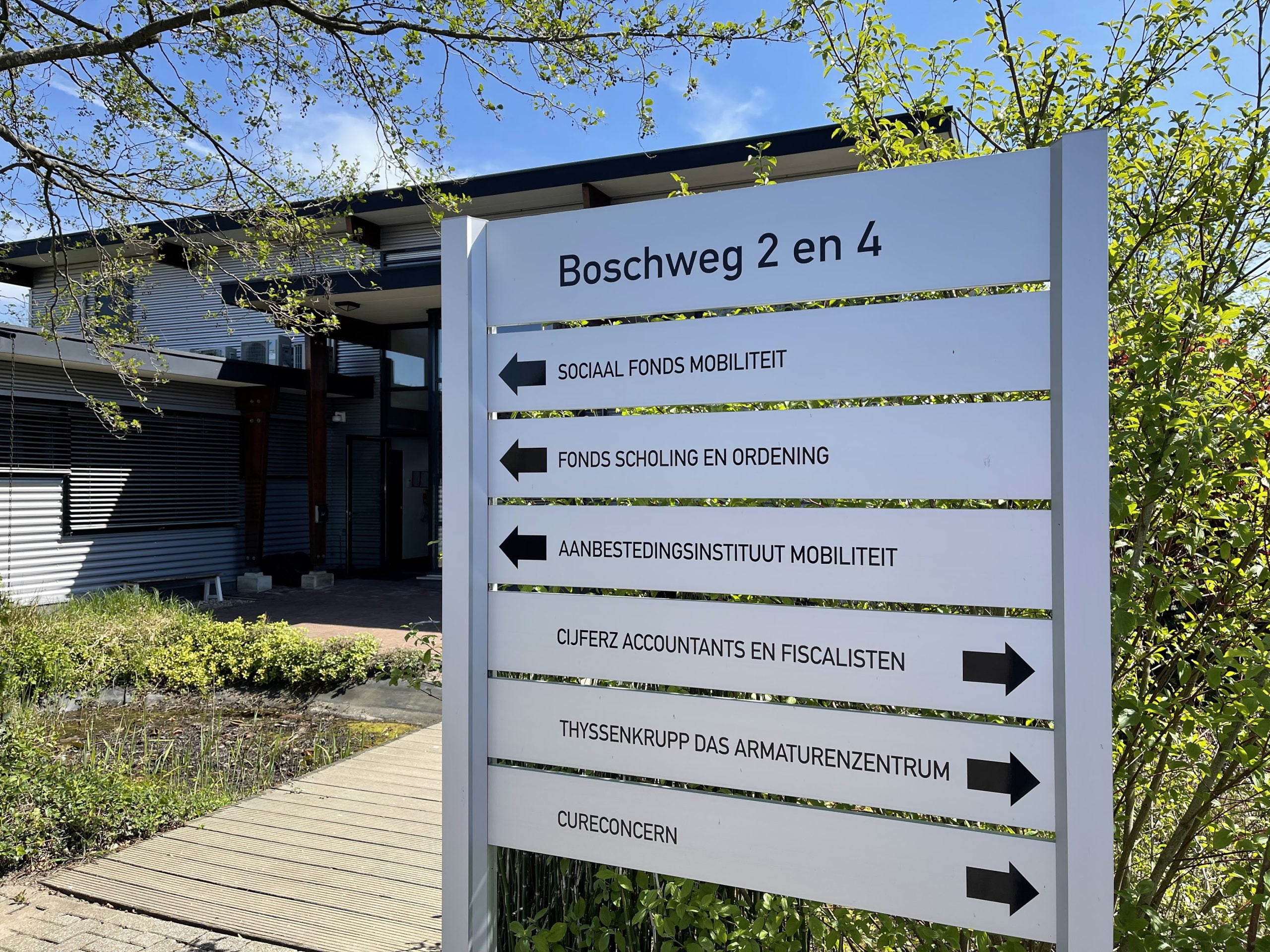Strikers are not obliged to notify their employer that they are going on strike.
The determination and publication of the NEA Index has been postponed again by 2 weeks to November 28, 2022. Contrary to the last message that the NEA Index was to be announced on November 14, the final publication date has been moved. The reason for this postponement is that the collective labor agreement negotiations are still ongoing. Although it is not stated that the parties to the collective labor agreement reached an agreement on November 28, publication on November 14 would make the negotiation process even more complex.
The Social Fund Mobility announced in a press release that if no agreement is reached on November 28, the average wage increase of 3,9%, as stated in the Macro Economic Outlook, will be included in the index. The NEA index for 2023 will then amount to approximately 11,3%. Based on the current talks between trade unions and employers, it cannot be ruled out that the wage increase will be substantially more than 3,9%, so that an NEA index between 13% and 15% must be taken into account.
"Sometimes it snows, sometimes there is Corona, sometimes teachers strike and sometimes employers and employees in healthcare transport and taxi have different views about living wage and respect for the sick driver. In all cases above, the schools are closed. Of course they can strike! !"
Meindert Gorter - union director FNV Taxi
We can conclude from the social media that trade unions and the employers' organization are far from settled. According to Meindert Gorter, the driver idleness was caused by the problem of no living wage and the arrogant attitude of employers within the Taxi and Care Transport sector. Various political parties are also calling the employers to order. The parties drew attention to the poor payment of the drivers. “A starvation wage,” the minister admitted. He himself rode in a taxi van. The driver told the Minister that he gets twelve euros per hour. The water is up to her lips.
In a call, Pupils' Interest in Secondary Special Education (LBVSO) to spare the students during the use of work stoppages and strikes as a means of pressure towards employers. There is understanding that a better collective labor agreement must be drawn up, but vulnerable children cannot be the victims. Meindert Gorter, trade union director FNV Taxi, says in a tweet that drivers 'may of course go on strike' as long as there are other views on living wages and respect for the sick driver.
notices
From the consultations with the trade unions, it is not really clear where and when trade unions and employees are taking action, except for the first notifications that have been received for Zeeland, North Holland and Overijssel and Gelderland. It was agreed with the trade unions that the employers where actions or strikes are to take place will send a letter announcing this at least 48 hours in advance. According to KNV, the unions have 'not many members'. Employers cannot ask employees in advance whether they are going to strike. Strikers are not obliged to report to their employer that they are going to strike.
The last major strike in the sector in which street taxis and student and care transport came to a standstill dates back to 2017. Drivers then stopped work for 3 percent more wages. That strike was an initiative of FNV Taxi.




